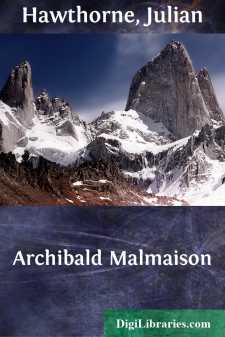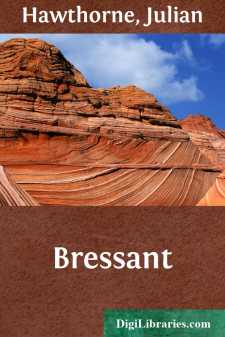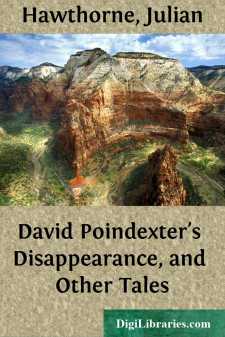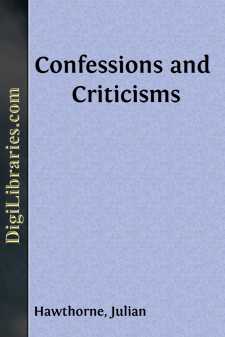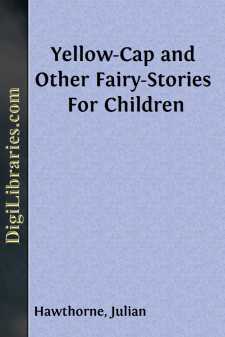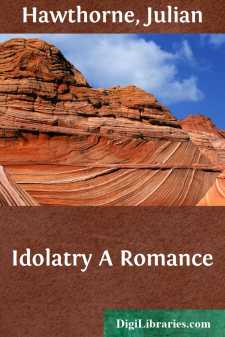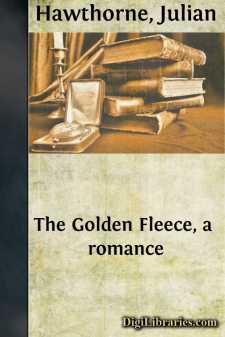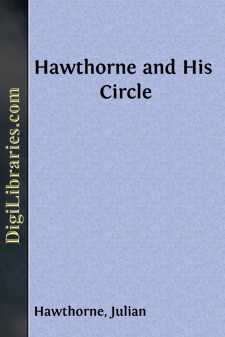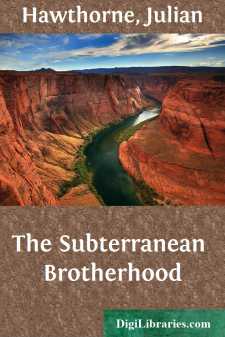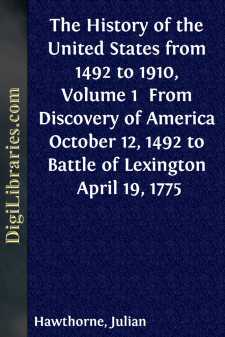Categories
- Antiques & Collectibles 13
- Architecture 36
- Art 48
- Bibles 22
- Biography & Autobiography 813
- Body, Mind & Spirit 141
- Business & Economics 28
- Children's Books 12
- Children's Fiction 9
- Computers 4
- Cooking 94
- Crafts & Hobbies 4
- Drama 346
- Education 46
- Family & Relationships 57
- Fiction 11826
- Games 19
- Gardening 17
- Health & Fitness 34
- History 1377
- House & Home 1
- Humor 147
- Juvenile Fiction 1873
- Juvenile Nonfiction 202
- Language Arts & Disciplines 88
- Law 16
- Literary Collections 686
- Literary Criticism 179
- Mathematics 13
- Medical 41
- Music 40
- Nature 179
- Non-Classifiable 1768
- Performing Arts 7
- Periodicals 1453
- Philosophy 64
- Photography 2
- Poetry 896
- Political Science 203
- Psychology 42
- Reference 154
- Religion 513
- Science 126
- Self-Help 83
- Social Science 81
- Sports & Recreation 34
- Study Aids 3
- Technology & Engineering 59
- Transportation 23
- Travel 463
- True Crime 29
Julian Hawthorne
Julian Hawthorne (1846-1934) was an American writer and journalist, known for his novels, short stories, and detective fiction. He was the son of the famous novelist Nathaniel Hawthorne and inherited a literary legacy, although his works did not achieve the same acclaim as his father's. Despite a prolific career, Julian faced financial difficulties and legal troubles, including imprisonment for mail fraud later in life.
Author's Books:
Sort by:
by:
Julian Hawthorne
Introductory. When I was a child, I used to hope my fairy-stories were true. Since reaching years of discretion, I have preferred acknowledged fiction. This inconsistency, however, is probably rather apparent than real. Experience has taught me that the greater the fairy-story the less the truth; and contrariwise, that the greater the truth the less the fairy-story. In other words, the artistic graces...
more...
by:
Julian Hawthorne
HOW PROFESSOR VALEYON LOSES HIS HANDKERCHIEF. One warm afternoon in June—the warmest of the season thus far—Professor Valeyon sat, smoking a black clay pipe, upon the broad balcony, which extended all across the back of his house, and overlooked three acres of garden, inclosed by a solid stone-wall. All the doors in the house were open, and most of the windows, so that any one passing in the road...
more...
by:
Julian Hawthorne
Among the records of the English state trials are to be found many strange stories, which would, as the phrase is, make the fortune of a modern novelist. But there are also numerous cases, not less stimulating to imagination and curiosity, which never attained more than local notoriety, of which the law was able to take but comparatively small cognizance, although they became subjects of much...
more...
by:
Julian Hawthorne
CHAPTER I. A PRELIMINARY CONFESSION. In 1869, when I was about twenty-three years old, I sent a couple of sonnets to the revived Putnam's Magazine. At that period I had no intention of becoming a professional writer: I was studying civil engineering at the Polytechnic School in Dresden, Saxony. Years before, I had received parental warnings—unnecessary, as I thought—against writing for a...
more...
by:
Julian Hawthorne
CHAPTER I. AN APPANAGE OF ROYALTY. A good many years ago—before Julius Cæsar landed at Dover, in fact, and while the architect's plans for Stonehenge were still under consideration—England was inhabited by a civilised and prosperous people, who did not care about travelling, and who were renowned for their affability to strangers. The climate was warm and equable; there were no fogs, no...
more...
by:
Julian Hawthorne
THE ENCHANTED RING. One of the most imposing buildings in Boston twenty years ago was a granite hotel, whose western windows looked upon a graveyard. Passing up a flight of steps, and beneath a portico of dignified granite columns, and so through an embarrassing pair of swinging-doors to the roomy vestibule,—you would there pause a moment to spit upon the black-and-white tessellated pavement. Having...
more...
by:
Julian Hawthorne
CHAPTER I. The professor crossed one long, lean leg over the other, and punched down the ashes in his pipe-bowl with the square tip of his middle finger. The thermometer on the shady veranda marked eighty-seven degrees of heat, and nature wooed the soul to languor and revery; but nothing could abate the energy of this bony sage. "They talk about their Atlantises,—their submerged continents!"...
more...
by:
Julian Hawthorne
INTRODUCTION Inheritance of friendships—Gracious giants—My own goodfortune—My father the central figure—What did his gift tome cost him?—A revelation in Colorado—Privileges makedifficulties—Lights and shadows of memory—An informalnarrative—Contrast between my father's life and mine. The best use we can make of good fortune is to share it with our fellows. Those to whom good...
more...
by:
Julian Hawthorne
PREFACE These chapters were begun the day after I got back to New York from the Atlanta penitentiary, and went on from day to day to the end. I did not know, at the start, what the thing would be like at the finish, and I made small effort to make it look shapely and smooth; but the inward impulse in me to write it, somehow, was irresistible, in spite of the other impulse to go off somewhere and rest...
more...
by:
Julian Hawthorne
INTRODUCTION When we speak of History, we may mean either one of several things. A savage will make picture-marks on a stone or a bone or a bit of wood; they serve to recall to him and his companions certain events which appeared remarkable or important for one or another reason; there was an earthquake, or a battle, or a famine, or an invasion: the chronicler himself, or some fellow-tribesman of his,...
more...


